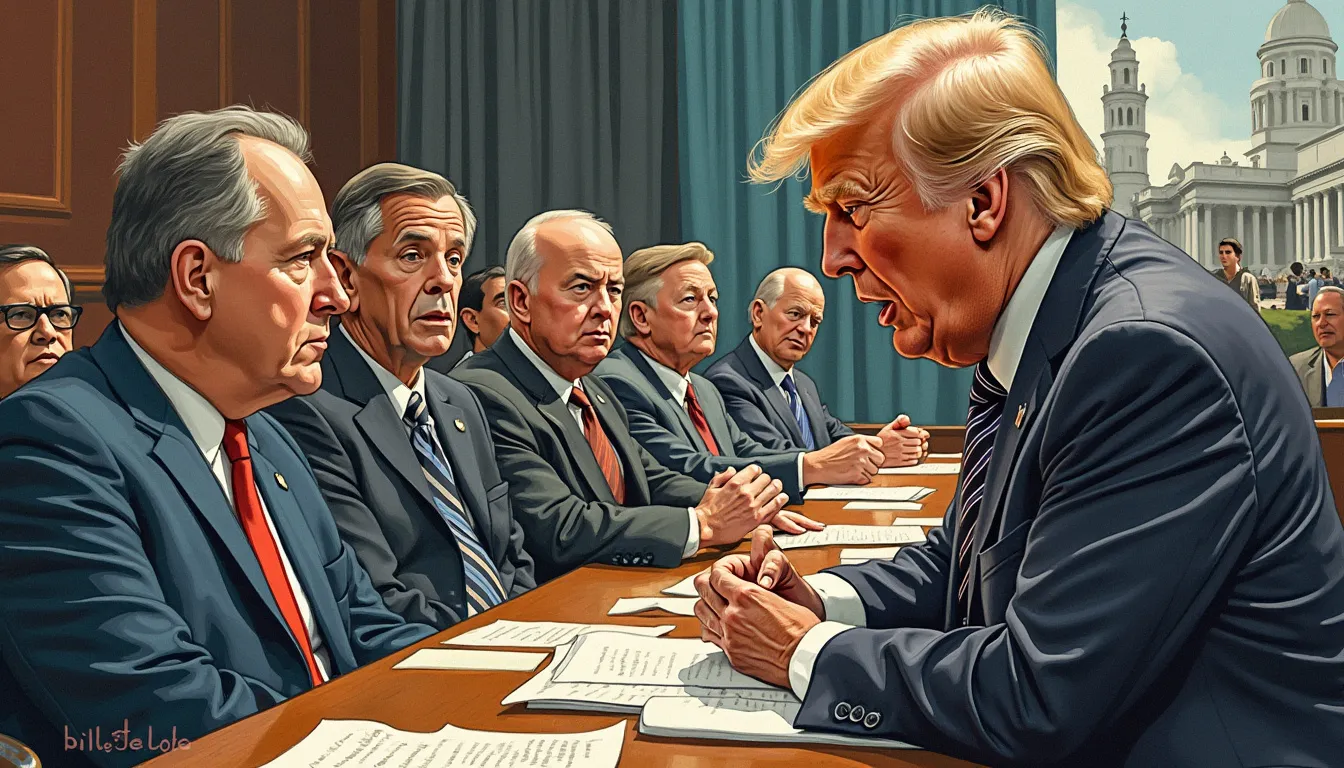
Conservatives Need Not Worry About the Debate – Here’s the Reason
The recent presidential debate between Donald Trump and Kamala Harris has stirred varied reactions, particularly among conservative circles. As the dust settles, it’s clear that concerns about Harris’ performance and the overall impact of the debate may not warrant alarm for conservative supporters. Key observations from focus groups provide an insightful lens into the dynamics at play.
Focus Group Observations
A diverse focus group revealed significant insights into the candidates’ performances. A retired librarian observed that Harris appeared nervous and rehearsed, often sidestepping direct responses to critical questions. A notable moment was Harris’ reluctance to definitively address whether Americans are better off today than they were four years ago, which one young participant interpreted as disingenuous.
Perceived Bias by Moderators
Another common sentiment among focus group members was the perception of bias from the ABC News moderators. Participants remarked that the moderators seemingly aided Harris while rigorously fact-checking Trump. A Floridian highlighted the absence of questions regarding Harris’ policies, indicating an apparent favoritism that did not go unnoticed. A fellow focus group member pointed out the moderators’ failure to challenge Harris when she misquoted Trump, reinforcing the notion of an unbalanced debate structure.
Performance Analysis
Despite perceptions of bias, some participants acknowledged that Harris started the debate with a stronger presence. A businessman from New York noted her confident demeanor, though he recognized that her substance was lacking. In contrast, a participant from Georgia praised Trump’s content-heavy responses, hopeful that undecided voters would share this views. A New Yorker echoed this sentiment by asserting that while Harris was well-prepared, Trump delivered more compelling arguments, even if he appeared less polished.
Authenticity Factor
A critical factor raised was the authenticity of the candidates. Harris struggled to project genuine relatability, often perceived as overly rehearsed in her delivery. This juxtaposition of authenticity versus rehearsed responses could play a crucial role in voters’ perceptions moving forward.
Impact of Debates on Voting
It’s important to contextualize the significance of debates in shaping voter behavior. Research indicates that debates typically have a minimal impact on the overall voting landscape. Most debate viewers are already politically engaged, often with their predilections firmly established prior to the event. A Reuters focus group further confirmed that among undecided participants, voting intentions remained largely unchanged post-debate.
Request for a Second Debate
In a surprising move, Harris’ campaign has requested a second debate, which some analysts viewed as a potential indicator of troubling internal polling data. However, following Trump’s assertion that no subsequent debate would occur, this call for a rematch adds another layer to the narrative of the campaign’s rhythm.
Conclusion
In light of these observations, conservatives may find reassurance in the debate results. The combination of perceived moderator bias, questions surrounding Harris’ authenticity, and the overall limited influence of debates suggests that the current political landscape remains favorable for those on the right. As the campaign progresses, Trump supporters might consider these elements as they assess their strategy and messaging for the months ahead.
